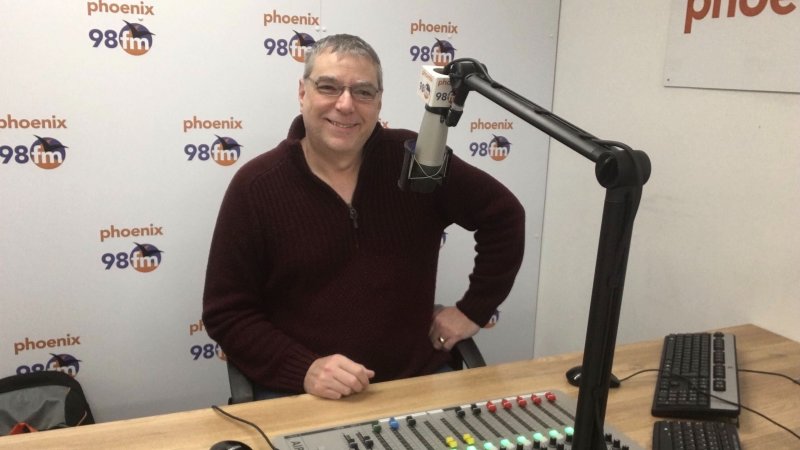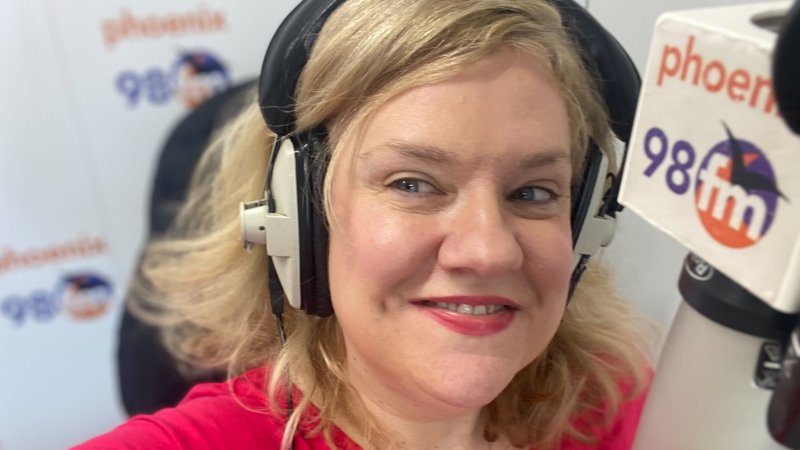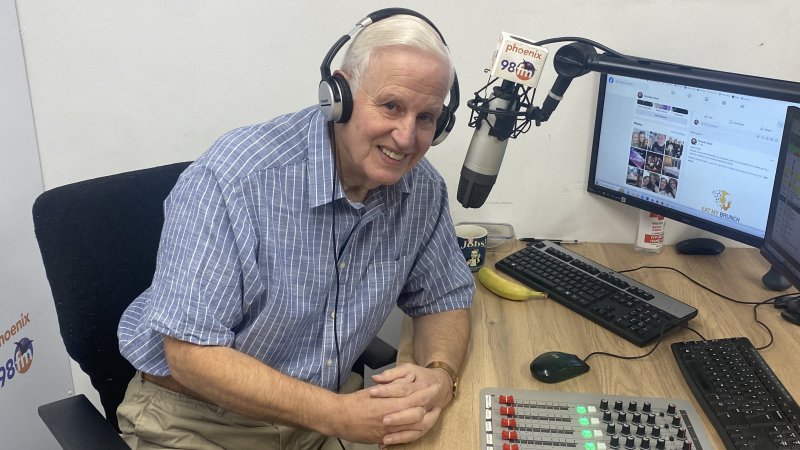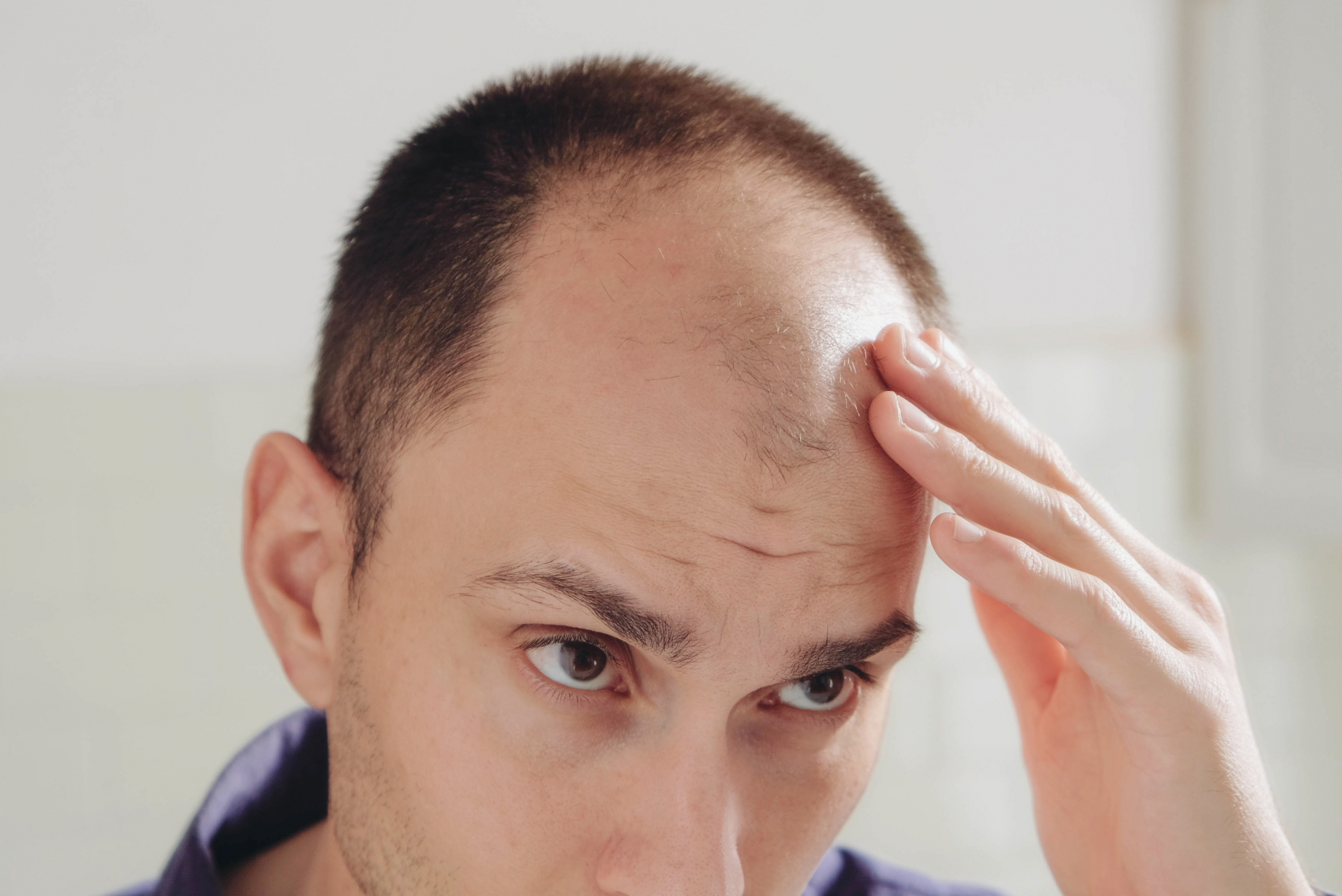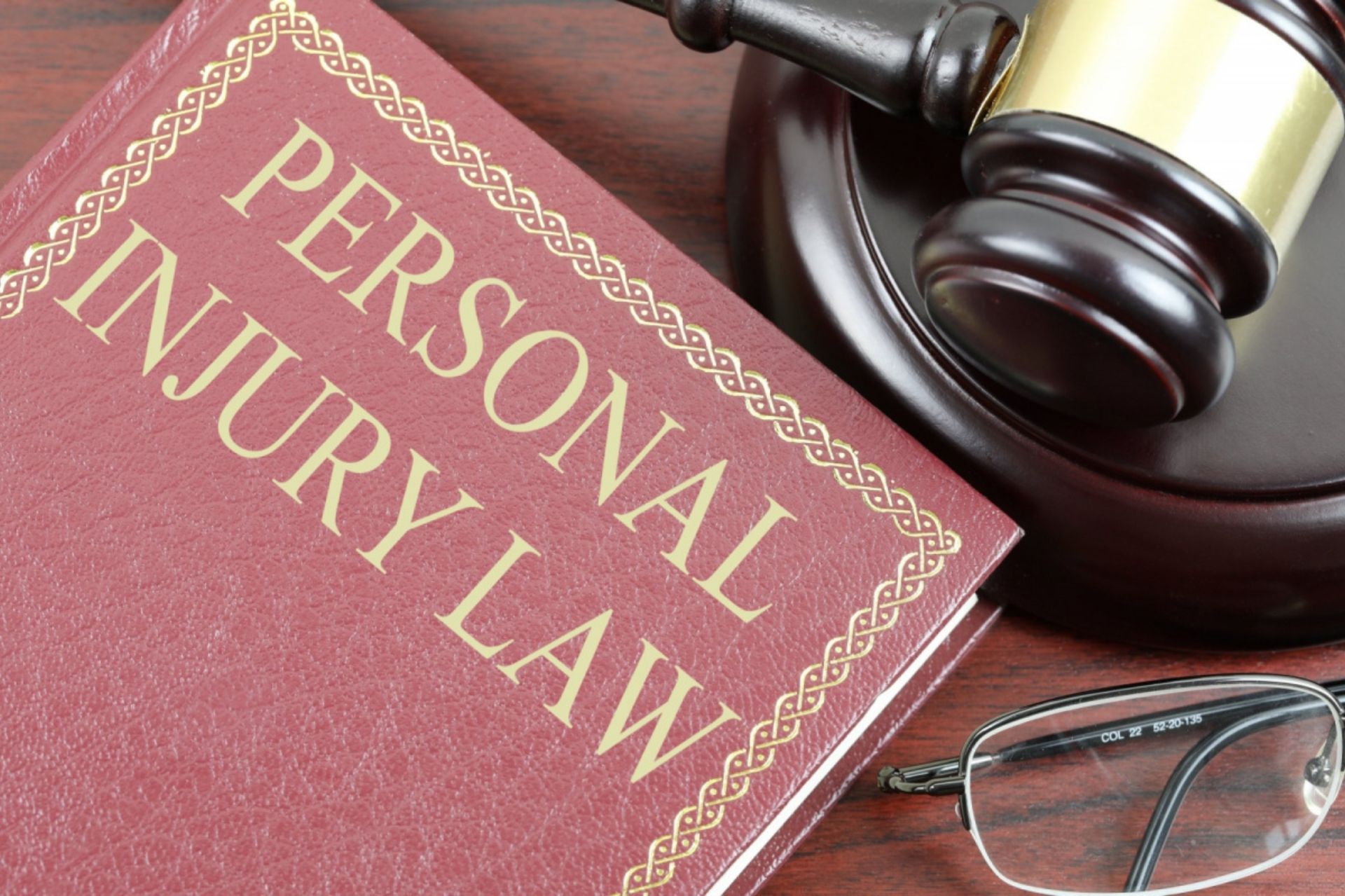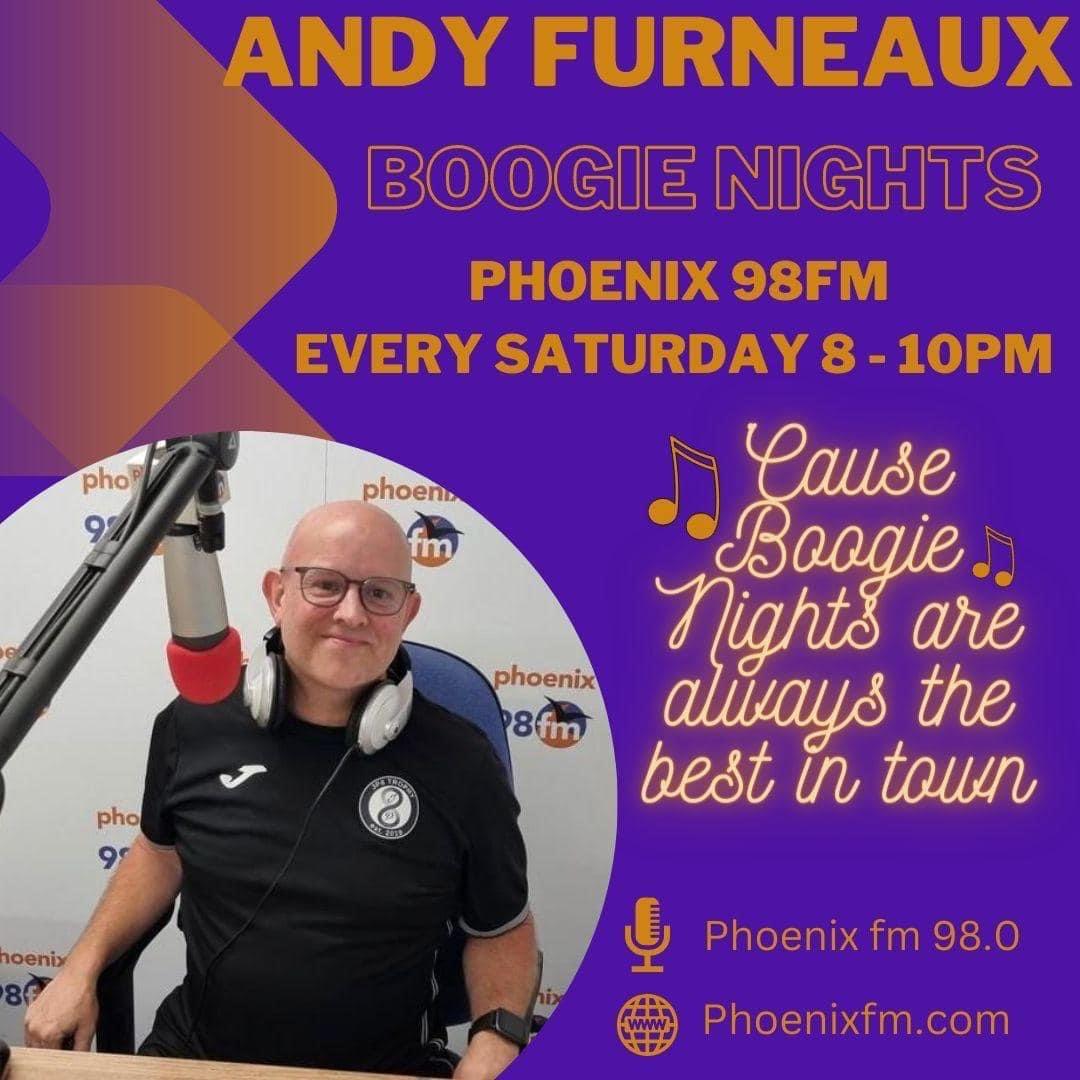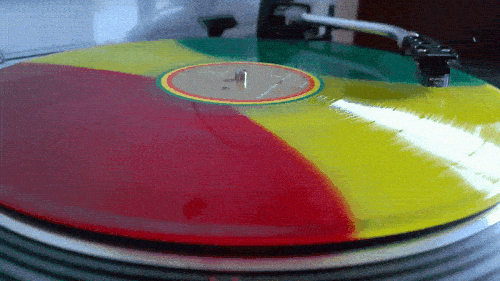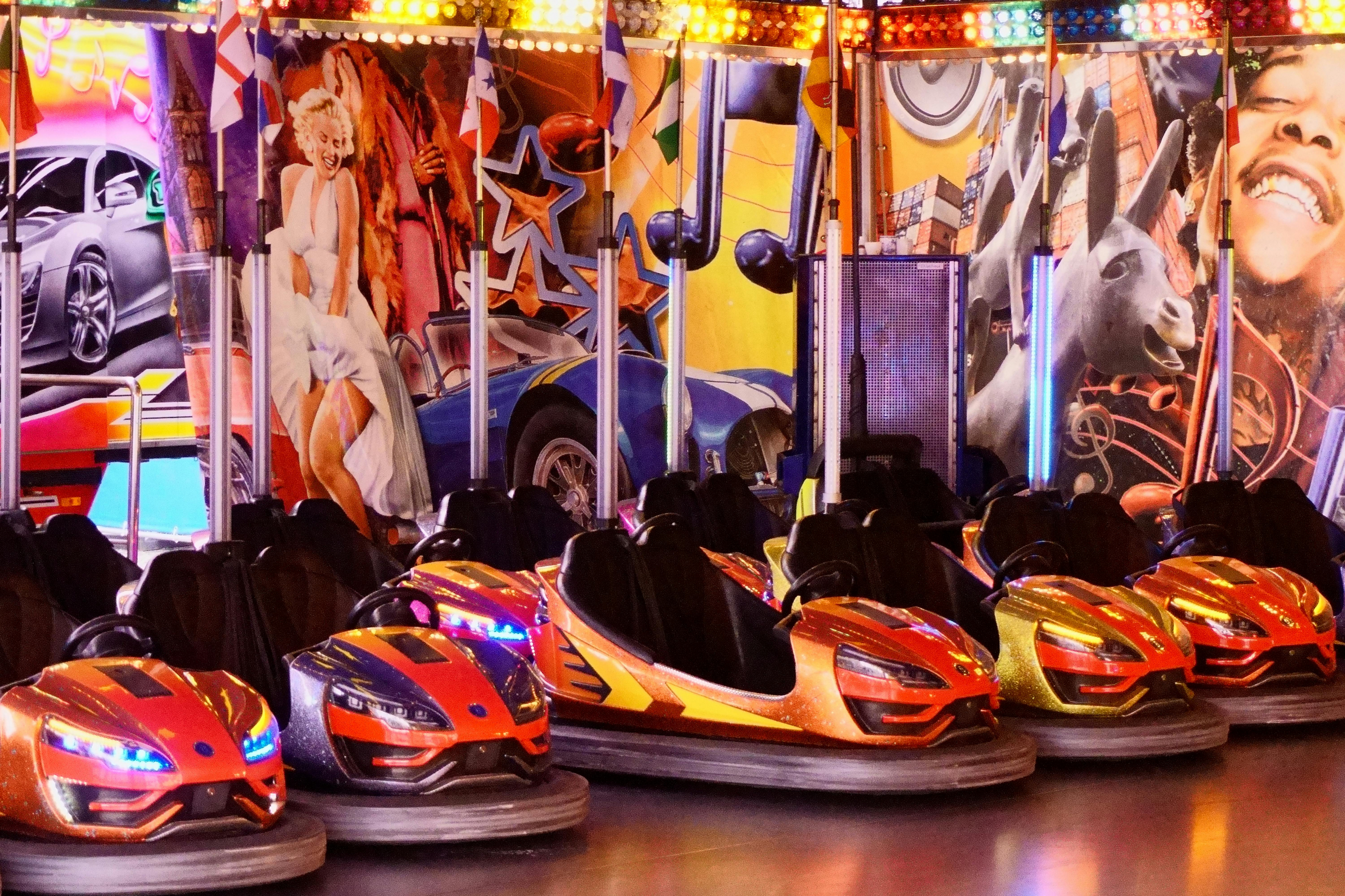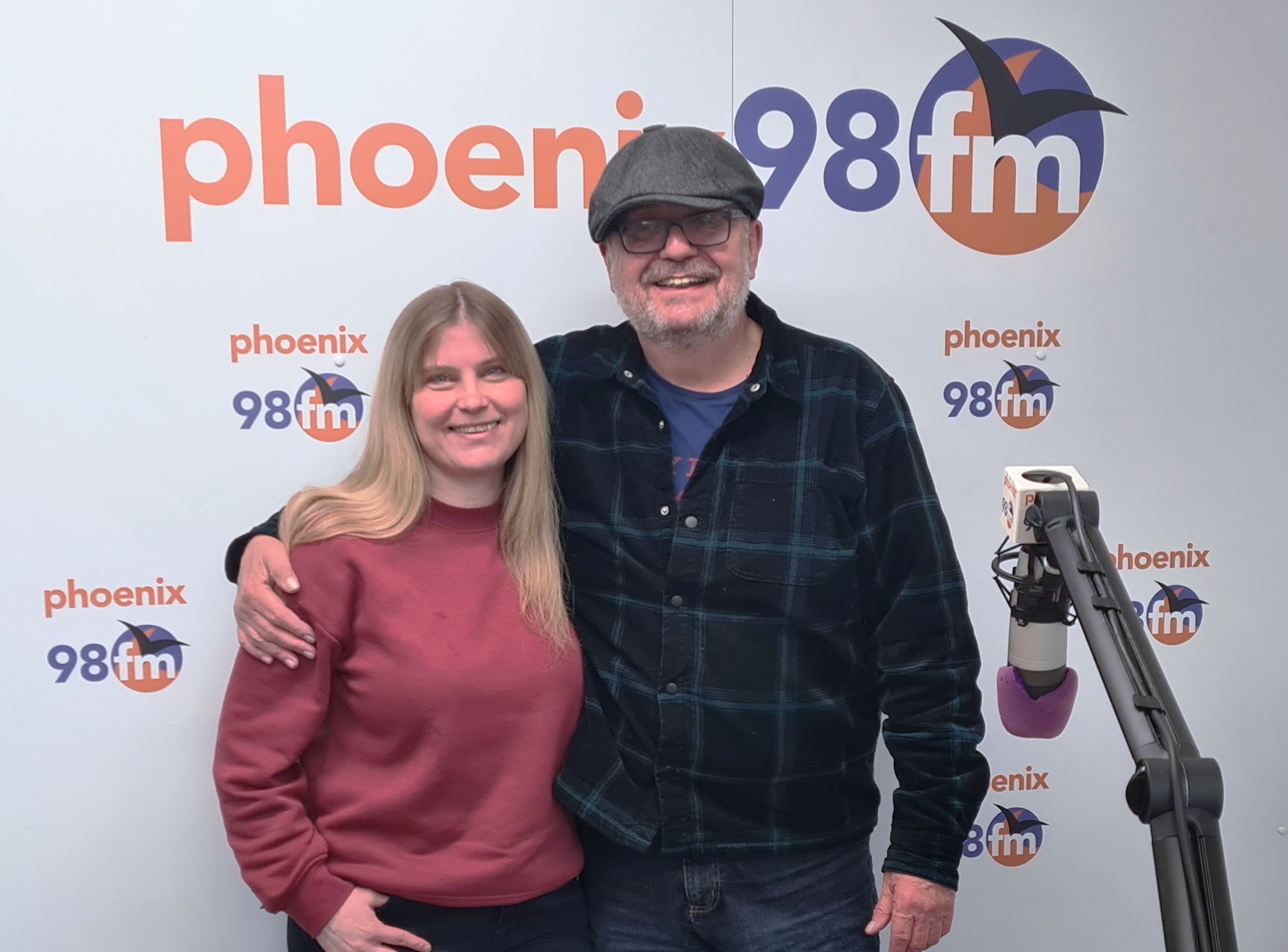We’re going through a period of unprecedented inflation right now. You’re spending more on almost everything, but your salary hasn’t risen to match. Suddenly, you’re finding that you need to spend all of your income on basic necessities like rent, food, clothing and tax. When that happens, one of two things will occur. Either you’ll have no money left over for entertainment, or your revolving debt will grow. Needless to say, both of those situations are extremely bad.
This is certainly a good time to look for opportunities to increase your earnings – but while you pursue that, you need to find ways to keep more money in your pocket by spending less on your regular purchases. In this article, that’s exactly what we’re going to help you do. There are five things that you probably spend money on every day or nearly every day, and there’s a good chance that you spend more on those things than you really need to. Here’s how to save money on five of your biggest daily expenses.
How to Save Money on Cigarettes
The best way to save money on cigarettes is by quitting smoking. You certainly don’t need an article on the Internet to tell you that, though – and the fact is that you’ve probably tried to quit already and weren’t successful in doing so. It also has to be said that trying to quit smoking during a period of unusually high stress probably won’t give you the best odds of success. Instead of quitting nicotine entirely, try switching from cigarettes to a method of consumption that’s more affordable.
Cigarette prices are kept artificially high by tobacco taxes and by the fact that the Big Tobacco companies essentially have a monopoly on their industry. Nicotine itself, on the other hand, is actually quite inexpensive. By buying a vape or switching to nicotine pouches, you can enjoy the nicotine without paying exorbitant taxes or supporting monopolistic business practices. You’ll get the same satisfaction, and you’ll save potentially hundreds of dollars per month in the process.
How to Save Money on Coffee
In the United States, around 40 percent of consumers use single-serving coffee makers – and millions of others buy their coffee at chain restaurants. If you get your daily cup in either of those two ways, you’re spending far more on coffee than you need to. If you want to save money on coffee, you need to buy and brew your own beans. Even if you’re using moderately-priced coffee and organic milk or cream, brewing a cup of coffee at home usually costs less than $1.00 per cup. Single-serve coffee pods, in comparison, are typically much more expensive because you’re paying for the convenience of individual plastic containers. Buying coffee at a chain restaurant costs even more than that – switching from restaurant coffee to home brewing can reduce your expenses by hundreds of dollars per year. If you want to save even more, try switching to tea. Tea doesn’t have the same supply chain constraints as coffee, and it typically costs much less.
How to Save Money on Food
Just like coffee, food increases rapidly in cost if you want it to be as convenient as possible. Restaurants are experiencing a high level of financial strain these days, partially because of supply chain issues and partially because many of them are having trouble finding people to fill open positions. Those costs are being passed on to you, and the end result is that take-out food and delivered meals are more expensive now than ever before.
If you want to save money on food, you need to start cooking your own meals. When you go to the supermarket, though, you’ll see that the situation isn’t much better there – especially if you’re a fan of the more convenient items in the frozen section. If you want your meals to be as inexpensive as they can be, you’ve got to start with the raw ingredients and cook from scratch. You can save even more money by buying your produce at a farmer’s market or by buying weekly community-supported agriculture boxes from a local farm.
How to Save Money on Water
People love bottled water. It tastes great, and it comes in a convenient package that’s ready for immediate drinking. Bottled water, however, has two problems. The first problem is that bottled water is absolutely horrible for the environment. Most people don’t recycle their empty bottles – and even if you think you’re recycling them, the unfortunate truth is that most of the plastic items sent to recycling centers aren’t actually recycled at all. Instead, they’re just shipped overseas.
The second problem with bottled water is that you’re paying exorbitant prices for something that you could make yourself. Most bottled water is just municipal tap water that’s been put through reverse-osmosis filtration. That’s nothing preventing you from buying your own filter and making exactly the same product for a fraction of the price. Reverse-osmosis filters aren’t cheap, but a good one will pay for itself after just a few months.
How to Save Money on Gas
People are spending more than ever on gas these days, and that situation isn’t likely to change any time soon. The best way to save money on gas is by buying a more fuel-efficient vehicle or by switching to an electric car. For many people, though, those simply aren’t viable options because cars have become incredibly expensive over the past couple of years. Thankfully, it’s actually possible in many cases to improve the fuel efficiency of the vehicle you already own. Here are some ideas that can help.
- Keep your tires properly inflated. Under-inflated tires may reduce your car’s fuel efficiency by as much as three percent.
- Don’t bother buying premium gas. Unless your car is actually designed for it, buying premium will most likely result in a reduction in gas mileage.
- Remove heavy items from your car that you don’t normally use, such as toolboxes, roof racks and bicycle racks.
- Turn your air conditioner off when you don’t need it.
- Minimize unnecessary idling by turning the engine off when your car is parked.
- Drive at or below the speed limit. Minimize rapid acceleration and hard braking.





